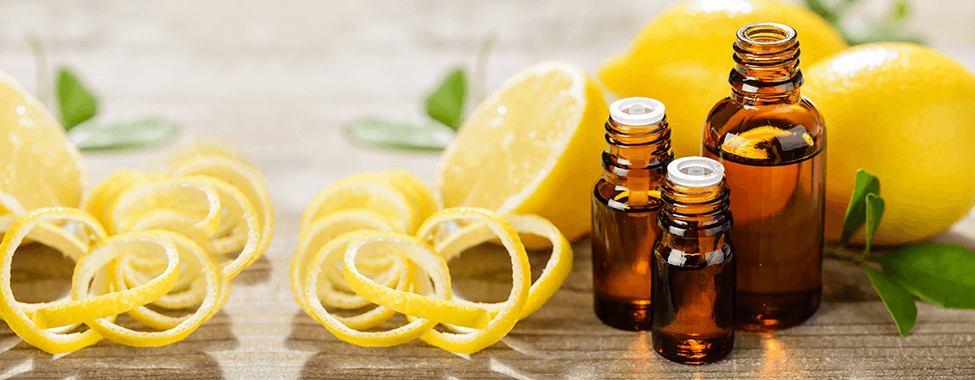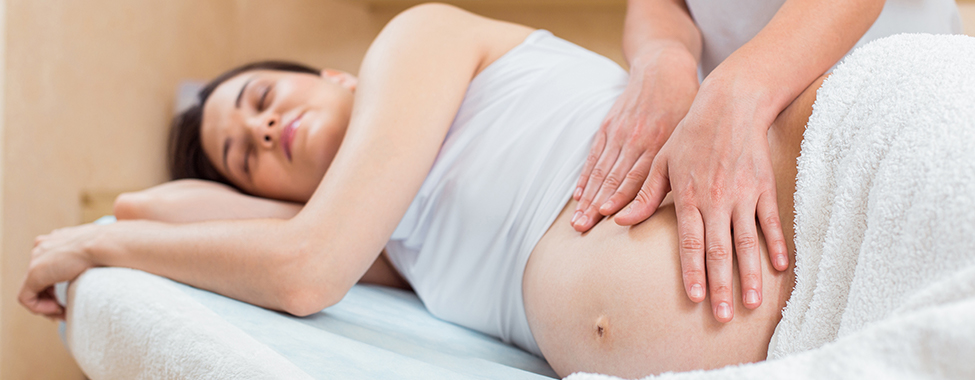With summer here, many of us will fail in our attempts to avoid a little perspiration. But that summer sweat may not be such a bad thing. Along with sweat serving as our very own built-in air conditioner, sweating it out can have many other surprising health benefits you may have never known about. Not only are there many benefits of sweating for our bodies, but it helps keep our beauty regimens keep on track as well.
Along with sweat promoting our general health and well-being, research has shown that sweating, especially in terms of sweating in a sauna, can reduce the risk of death due to heart problems. This is due to the similarities of a sauna experience with exercise. Sitting in a sauna increases the heart rate makes you sweat. How else can adding sauna sessions help you this summer?

The Top 7 Benefits of Sweating
It Cools You Down
The most direct benefit of sweating, which many of us already recognize as its ultimate purpose, is to maintain our body temperature and keep us from overheating. When our heart rate increases, speeding up our blood flow and warming us up, that is the cue for our bodies to release sweat. When sweat evaporates off the skin, it serves as a cooling mechanism to prevent overheating. Even though we sweat when we feel our hottest, it’s actually our body’s way of helping us cool down.
It Eases Pain
Did you wake up with back pain? Are you sore from yesterday’s workout? The best way to relieve your pain may be to work up a sweat. It might be very tempting to skip this step since pain will make you want to stay sidelined. But trust us, increasing your heart rate and working up a sweat is one of the best things you can do for your pain while sitting around will just make you even more stiff and sore. When you are experiencing pain, you can still sweat it out in a quick 15-minute sauna session. It will help eliminate toxins, relax the body, and ease sore muscles.

It Gets Rid of Toxins
Our bodies are subject to a lot of toxins throughout our everyday lives. They come from the pollution in the air, our food, and are even created naturally inside the body. Sweating is a great way to expel those toxins from the body, which serves to better your immune system. Proper immune system function is very important in that it protects us from little illnesses like the common cold, and even more serious diseases. The benefits of sweating can also help get rid of substances in your system like alcohol, cholesterol, and salt. Hit the treadmill, go for a bike ride, and spend time hanging out in a sauna to work up a summer sweat and detoxify your body to feel better.
It Clears Up Your Skin
You know those pesky blackheads that you just can’t seem to get rid of, no matter how much you scrub? Set down the face masks, because sweat can actually help eliminate blackheads and other blemishes. Sweating doubles as a natural pore cleanser since your pores open up and release the buildup inside of them when you sweat. This is most effective only if you cleanse immediately after you sweat. If you skip washing off for a while after a sweat session, then you are allowing all the grime that has been released from your pores to stay resting on your skin.
It Prevents Illness
Along with keeping our immune systems healthy by ridding our bodies of the toxins, working up a sweat helps prevent us from getting sick. There are many viruses and bacteria that thrive at our regular body temperature, but die off when our bodies heat up to above 98.6 degrees Fahrenheit. Studies have shown that human sweat serves as a natural germ shield. We can confidently say that no one likes being slowed down by sickness, so sweating it out every now and then is not such a bad idea.

It Makes You Happier
Along with the sense of accomplishment you are probably feeling from working out, working up a sweat releases endorphins, which make you happy. Sweating helps relieve stress and promote relaxation due to our bodies heating up. Next time you’re feeling stressed out or need a break to clear your mind, think about hitting up a hot yoga class or taking a few minutes for yourself in the sauna to ease your mind, feel rejuvenated, and embrace the benefits of sweating.
It Helps You Avoid Kidney Stones
One of the lesser-known benefits of sweating is that doing so lowers the risk of getting kidney stones. Research has shown that sweating helps you get rid of salt and keep calcium in your bones. This helps keep those elements from your kidneys where small stones will form. The more frequently you find yourself sweating the better. Make sure to stay properly hydrated when you do sweat – whether you’re sweating through exercise or in a sauna. Staying hydrated also helps prevent those pesky kidney stones.
Whether you break a sweat this summer in a sauna, hitting the gym, playing outside, or all of the above, sweating is a favor to your body that will definitely be worth the extra shower you may have to take. Embrace the heat this summer and sweat it out!
 Canada
Canada Australia
Australia New Zealand
New Zealand Germany
Germany UK
UK EU
EU Ireland
Ireland Malaysia
Malaysia China
China Japan
Japan






































